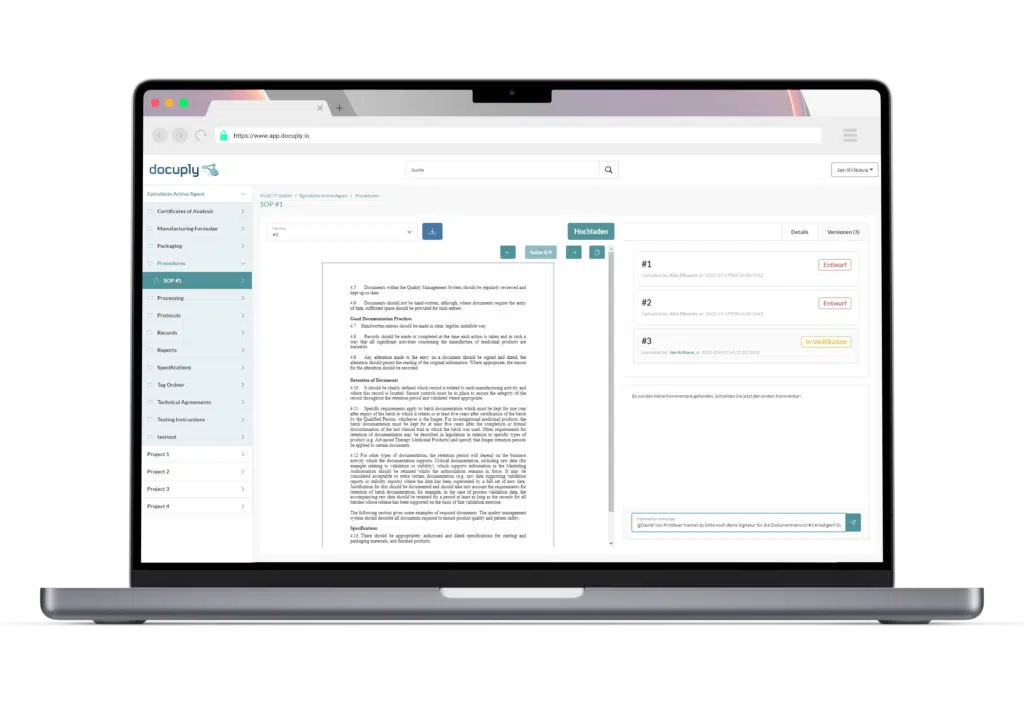Successfully tackling preclinical studies: The 5 biggest challenges

Starting preclinical trials can be a significant challenge for startups. Some of the biggest problems that startups face when starting preclinical trials are mentioned below. We’ve also added a possible possible solutions for each point:
Lack of funding: Preclinical trials can be costly, and startups may not have the financial resources to fund these trials on their own. They may need to rely on external funding sources, such as venture capital or government grants, which can be competitive and difficult to secure. To address the issue of funding, startups can explore a range of funding options, such as seeking venture capital, applying for government grants or loans, or partnering with larger companies. It is also important for startups to carefully plan and budget for their preclinical trials and to prioritize their spending to maximize their chances of success.
Regulatory compliance: Preclinical trials are subject to strict regulatory requirements, including compliance with Good Laboratory Practice (GLP) regulations. Startups may lack the experience or expertise to navigate these regulations, which can lead to delays or even the rejection of their trial applications. Startups can overcome regulatory challenges by seeking expert advice from consultants or contract research organizations (CROs) with experience in preclinical trials and regulatory compliance. They can also proactively engage with regulatory agencies to ensure they understand the requirements and expectations for their trials.
Lack of infrastructure: Preclinical trials require specialized equipment, facilities, and personnel, which may not be readily available to startups. Building or accessing this infrastructure can be costly and time-consuming, and startups may need to partner with academic or industry collaborators to gain access. Startups can address infrastructure challenges by partnering with academic institutions, research centers, or CROs that have the necessary equipment and expertise to conduct preclinical trials. They can also explore shared or co-working spaces with other startups or industry partners to share resources and reduce costs.

With Docuply, you and your third parties can move smoothly and GLP-compliant from preclinical studies to clinical trials.
Scientific uncertainty: Preclinical trials are conducted to evaluate the safety and efficacy of new treatments, but there is always a degree of uncertainty involved. Startups may struggle to design and execute preclinical trials that produce reliable and meaningful results, which can be a barrier to advancing their technology. To address scientific uncertainty, startups should work closely with experienced researchers and experts in their field to design robust preclinical trials that can generate meaningful results. They can also consider collaborating with academic or industry partners to leverage their expertise and resources.
Intellectual property concerns: Preclinical trials can generate valuable intellectual property, including patents and trade secrets. Startups may need to navigate complex legal and business considerations to protect and commercialize their intellectual property, which can be a significant challenge. Startups can protect their intellectual property by securing patents, trademarks, and copyrights for their technology and by implementing effective trade secret protections. They can also seek legal advice from experienced attorneys to help navigate complex intellectual property issues and develop a comprehensive commercialization strategy. If necessary, funding can also be applied for.
Test all the advantages of a digital document management system specially developed for the pharmaceutical and biotech industry now without obligation. You can get started in just five minutes, convince yourself.
Quality management in the pharmaceutical and biotech industry: Current challenges in the cooperation between pharmaceutical companies and CROs, CMOs and CDMOs